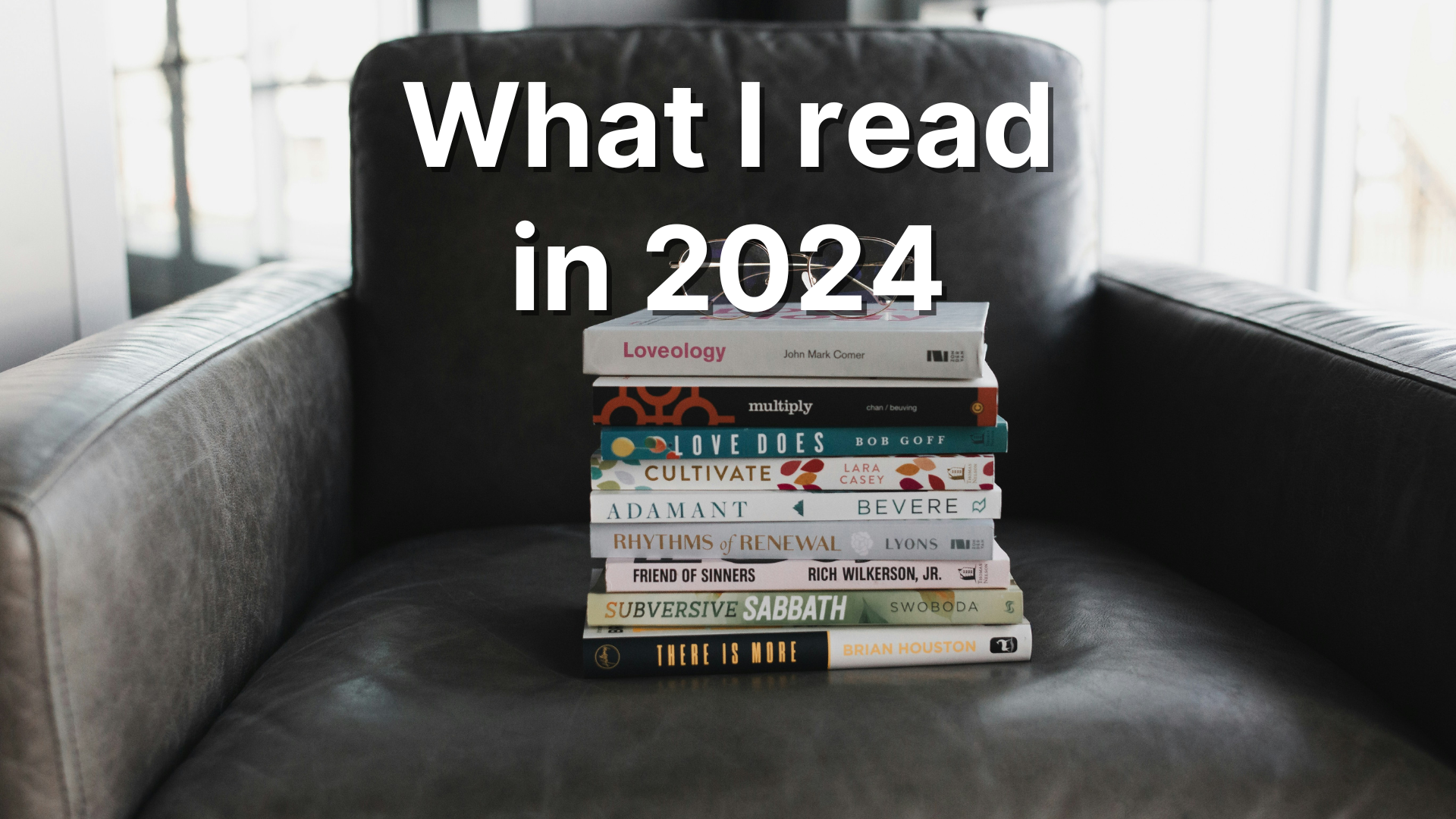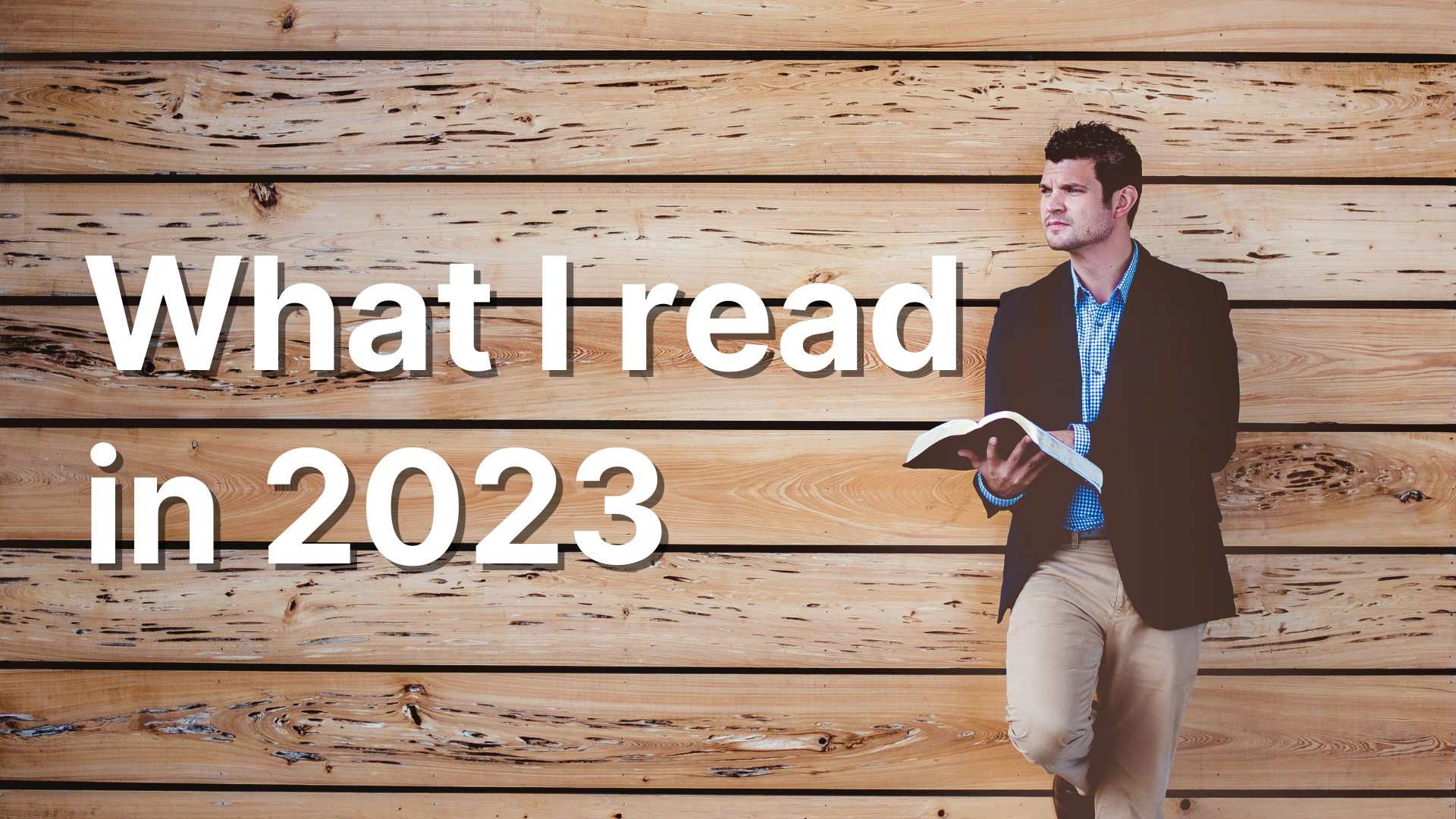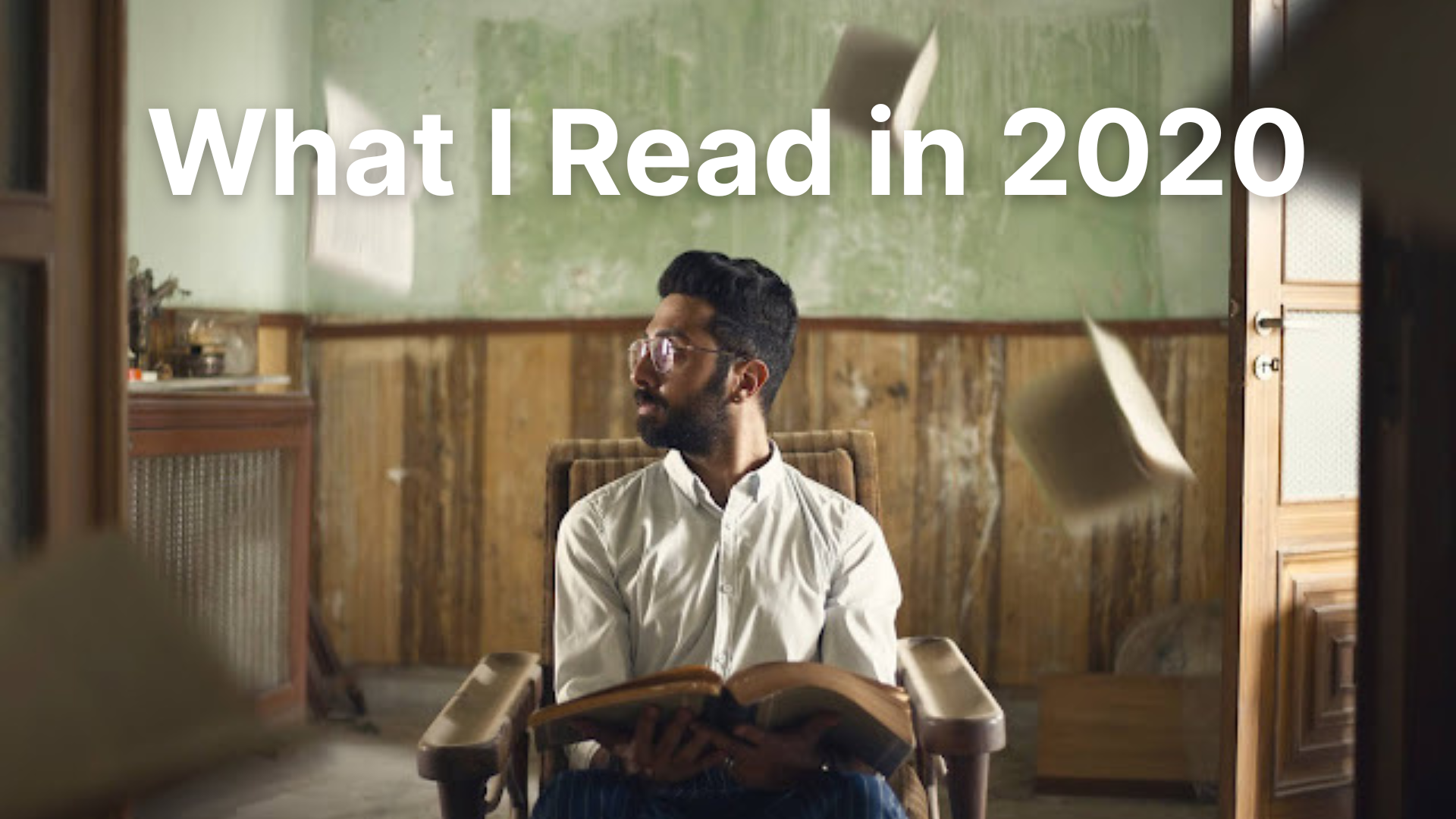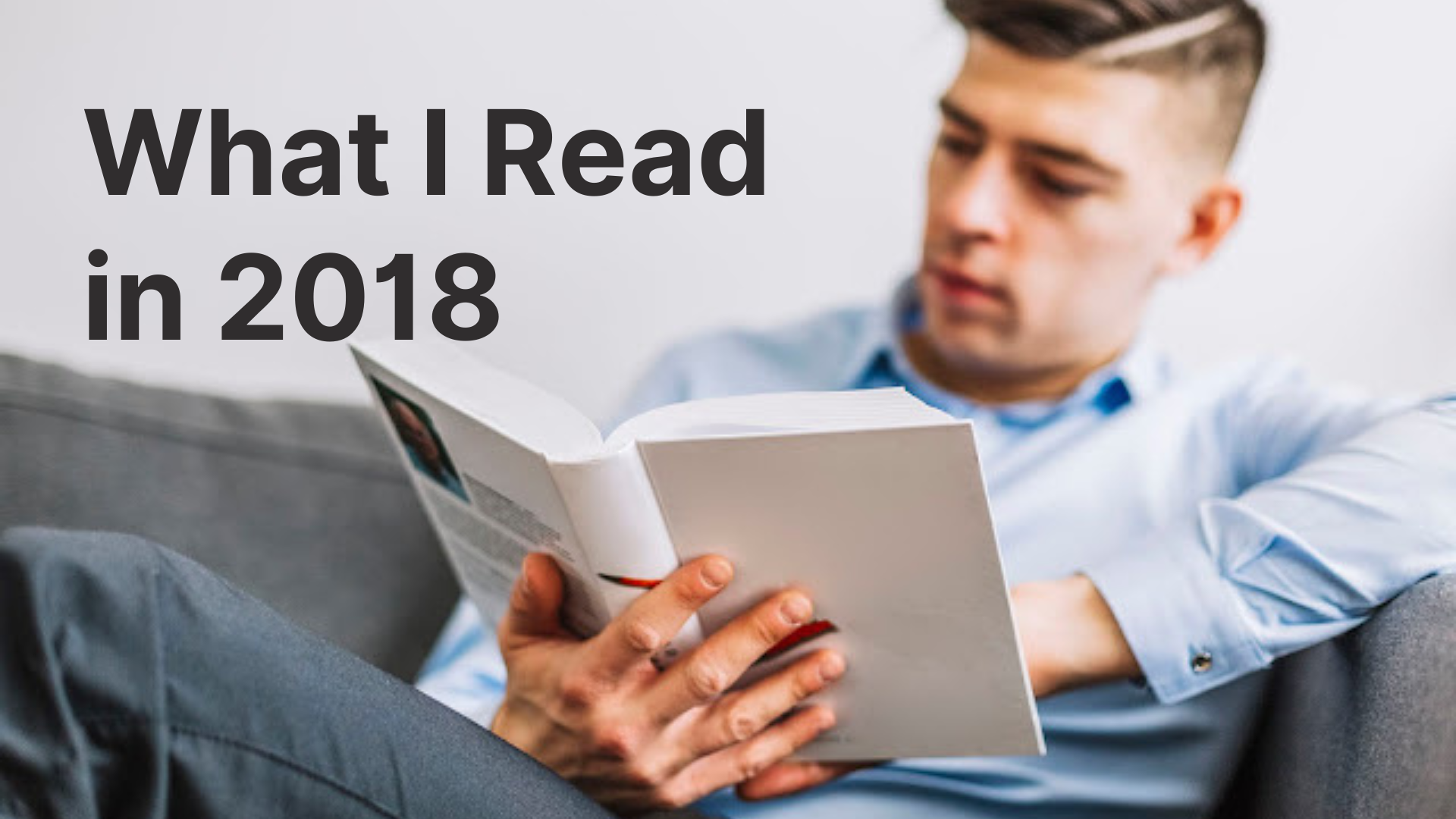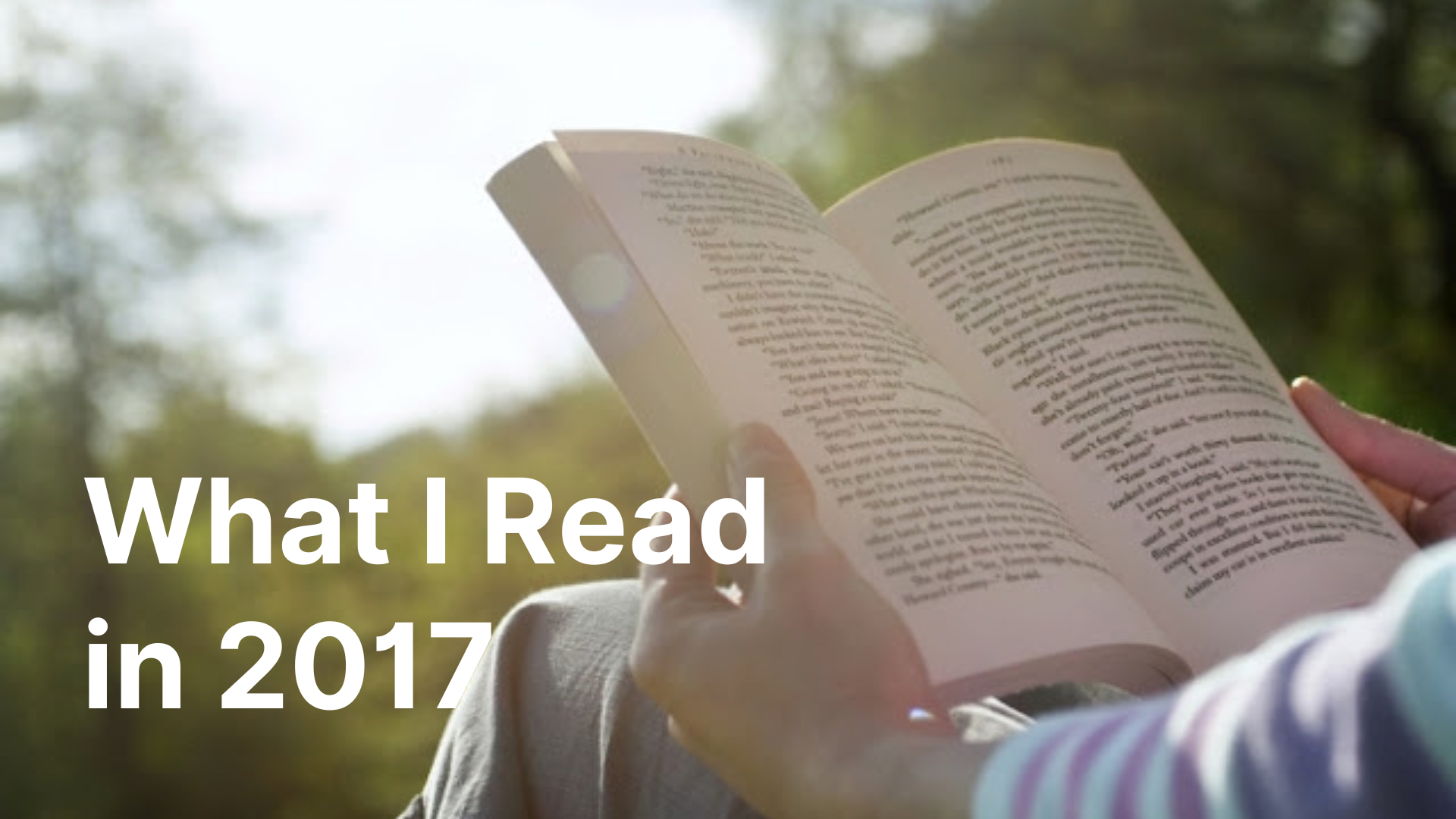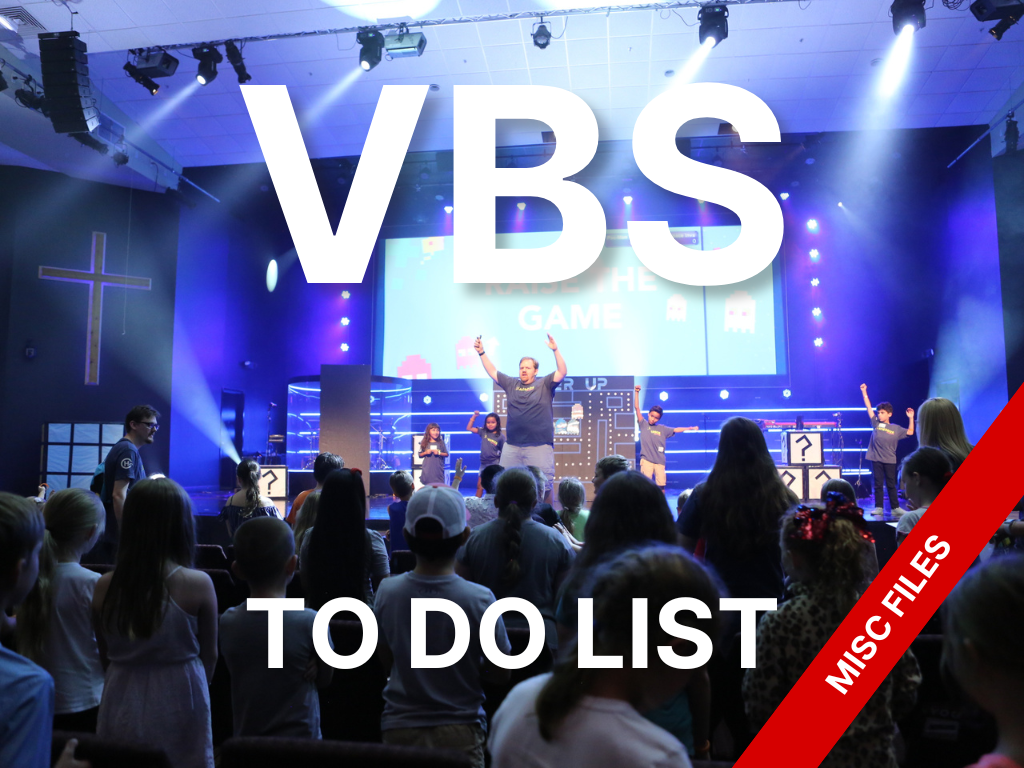What I Read in 2024
Photo by Alexandra Fuller on Unsplash
This year was an interesting year for me. I started teaching high school math full-time while serving in ministry part-time. It’s been a struggle finding a balance between school, church, this blog, and family. I hit many of my goals and accomplished many things I never dreamed of doing. However, many goals went by the wayside.
Unfortunately, my goal of reading 12 books in a year was one of them. I’m working 10-12 hour days, 6 days a week, so my free time and therefore, reading time is significantly curtailed. That said, I did read several books this year that followed some specific themes.
So, without further ado, here’s what I read in 2024.
Personal Growth
1. Whisper by Mark Batterson
At the beginning of each year, I join 21 Days of prayer. As part of that practice, I read one of two of Mark Batterson’s books, The Circle Maker and this one, Whisper. This one is a part two if you will of The Circle Maker. It focuses specifically on how to hear God’s voice in the many ways he speaks to us. This year was a year of seeking God’s will, so I really needed to hear his voice. I believe I heard him several times. Whisper helped me effectively identify God's voice without getting in my own way.
2. From Strength to Strength by Arthur C. Brooks
I turned 40 this year, and I’ve noticed a shift in the way I think and process ideas. Brooks’ book helped me put words to what’s happening. The central idea is that when you’re younger you have fluid intelligence. This intelligence allows you to innovate and change on a dime. As you get older, that intelligence declines and crystallized intelligence increases. You don’t learn as much. But you’re able to synthesize a lot of disparate data, identify patterns, and wisely choose a course of action. It’s a natural change that we need to lean in to instead of fighting. Reading his book helped me think through what I want the next 20 years of my career to look like.
Apologetics
1. Making Sense of God by Tim Keller
If you follow me on social media, you’ve probably seen my Reel content that focuses on following Jesus. One thing I did not expect to find was the stretching of my faith. As I interacted with atheists, agnostics, and other Christians, I found I needed to solidify what I believe. There’s a lot of crazy people out there, but some were genuinely seeking. With this in mind, I started reading more deeply in apologetics with voices I know I can trust. Making Sense of God is basically a college level book on the existence of God and the truth of Christianity. It was deep, and I’m still mulling over the concepts Keller explained in his simple, eloquent way.
2. The Problem of God by Mark Clark
This book was almost identical to Keller’s book, but way simpler. Keller may have written on a college level, but Clark wrote on a middle school level. It was just as deep, but easier to understand. I read this book after Keller’s, and I wish I’d read this one first. It would have been a great primer before diving into deeper waters.
3. Mere Christianity by C.S. Lewis
Keller is famously quoted as saying, "when in doubt, quote C.S. Lewis." I’d read Mere Christianity in college, but I couldn’t tell you a thing about it. So, after reading Keller and Clark, I decided to go back to their source and read Lewis. Maybe it’s that crystallized intelligence I’m starting to develop. Or I can follow logical arguments better. But for the first time this book made sense. It’s a clear and concise argument for Christianity as well as a beautiful explanation for many of Christianity’s most difficult beliefs. I’m looking forward to reading more of his work in 2025.
Leadership and Education
1. Trust and Inspire by Steven M. R. Covey
The 7 Habits of Highly Effective People has made a huge impact in my life. So when I heard about Covey’s son’s book, I ordered it almost immediately. It puts the ideas of the 7 habits into a leadership context and teaches you how to lead in today’s world. So many of our leaders use command and control, when trust and inspire is much more effective. The problem is that command and control is our native language. We may try to inspire, but when push comes to shove, we’ll power up and shout down. Covey shows us how to overcome this tendency and lead our people with much more effectiveness.
2. The Book of Numbers by Peter J. Bentley
No, this isn’t a book about the Bible, but rather a math history book. I know, I know, how could that be interesting? The truth is I love history and math. I also started teaching high school math in 2024. I needed stories to engage the students and answer the question, “when are we ever going to use this?” This book goes through the entire history of the development of mathematics from the time of Adam and Eve to today. It’s fascinating, and you don’t need bachelor’s degree in mathematics to read it. (Although that helps in the later chapters.)
Fun
1. The Hobbit by J.R.R. Tolkien
One of my favorite corners of the internet is the Assemblies of God Minister’s Nerd Lair Facebook Group. We nerd (geek?) out on all things fantasy, sci-fi, video games, and pop culture. Some of my good friends I’ve met there and they’re always up for a solid Star Wars or Star Trek joke. They also love Tolkien. I read the books when the movies came out 20 years ago, but don’t remember much. So, I decided to give them another shot and started with the first in my Library. I enjoyed the book much more this time around and found the movies more tolerable after. If you’d like to read one of the books that essentially started the fantasy genre, I suggest you start here. It’s a great, fun read.
And that’s it! Only 8 books this year. I hope to get back to my regular reading volume in 2025, but we’ll have to see. I love what John Maxwell says, “Leaders are readers.” If you want to lead better this year than you did last, then you need to read. Pick up one of the ones I’ve listed here. (they’re Amazon affiliate links. Thanks.) Or find some that speak to you. Just read something.
If you’d like to see what I’ve read in the past, you can see those lists below.
What did you read this year?

